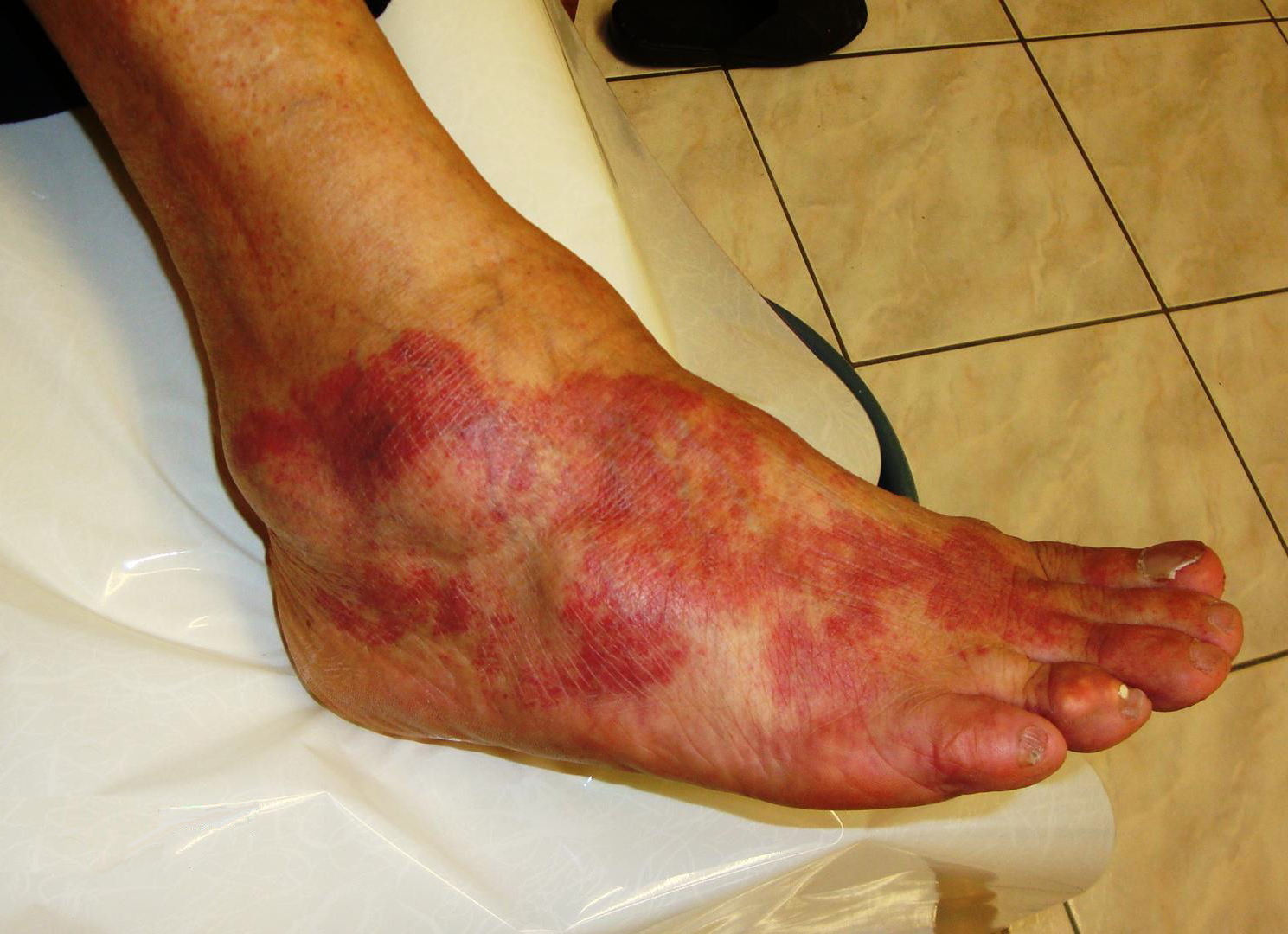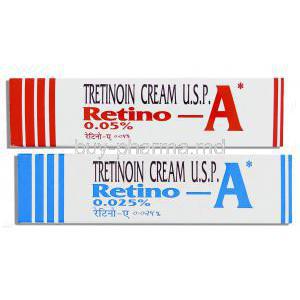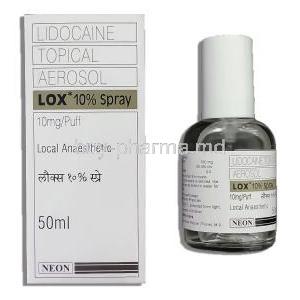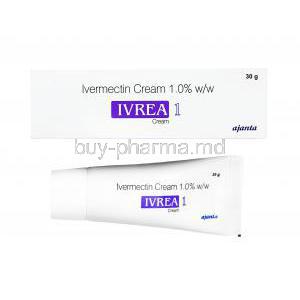Betamethasone, Zinc Sulphate Lotion
- I. Introduction to Betamethasone and Zinc Sulphate Lotion
- II. Uses of Betamethasone, Zinc Sulphate Lotion
- III. How Betamethasone, Zinc Sulphate Lotion Works
- IV. Dosage and Administration
- V. Composition of Betamethasone, Zinc Sulphate Lotion
- VI. Side Effects of Betamethasone, Zinc Sulphate Lotion
- VII. Warnings and Precautions
- VIII. Contraindications
- IX. Careful Administration Guidelines
- X. Important Drug Interactions
- XI. Special Considerations for Pregnant Women and Nursing Mothers
- XII. Administration to Children
- XIII. Administration to Elderly Patients
- XIV. Overdosage of Betamethasone, Zinc Sulphate Lotion
- XV. Storage and Handling Precautions
I. Introduction to Betamethasone and Zinc Sulphate Lotion
Overview of Betamethasone
Betamethasone is a corticosteroid often used to treat skin conditions related to inflammation and the immune system effectively by reducing redness and swelling while providing comfort for dermatological problems through inhibiting inflammatory processes to alleviate symptoms and manage sudden flare-ups quickly, for patients.
Overview of Zinc Sulphate
The role of Zinc Sulphate is crucial in wound healing and skin damage repair due to its inflammatory and astringent qualities, which are beneficial in soothing irritated or inflamed skin conditions. Zinc also aids in maintaining the skin's natural barrier function by shielding it from stressors while encouraging the rejuvenation of cells.
Combination Therapy: Why Betamethasone and Zinc Sulphate Are Used Together
When Betamethasone and Zinc Sulphate are combined, they create an effect that boosts their antiinflammatory and healing properties simultaneously. Betamethasone works to reduce inflammation while Zinc Sulphate accelerates tissue regeneration and helps prevent skin damage. They work together to offer a treatment solution, for acute and chronic skin issues making them a popular choice in dermatological treatments.
Importance and Applications in Dermatology
This combined treatment is crucial in dermatology to address challenging skin conditions like eczema, psoriasis, and dermatitis. This Betamethasone and Zinc Sulfate lotion is highly valued by skin experts for its therapeutic and healing properties.
II. Uses of Betamethasone, Zinc Sulphate Lotion
Treatment of Inflammatory Skin Conditions
Betamethasone and Zinc Sulphate lotion are mainly used to treat skin conditions that cause inflammation. Betamethasone's corticosteroid features help reduce swelling and discomfort in the skin; on the other hand, Zinc Sulphate aids the healing process of skin tissues.
Betamethasone for eczema and betamethasone for psoriasis
This cream works well for eczema and psoriasis by reducing redness and irritation while also helping with itching—a lifesaver for those dealing with these persistent issues. Using it regularly can even help lessen the frequency of flare-ups.
Use in Dermatitis (Contact and Atopic)
Whether dealing with contact dermatitis or atopic dermatitis, this blended lotion aids in controlling inflammation and irritation. It works by diminishing skin redness and supporting skin barrier repair, facilitating healing.
Healing of Minor Skin Infections
The antimicrobial qualities of Zinc Sulphate work well, in treating skin infections caused by an excess of bacteria due, to skin damage. Equally important is the addition of Betamethasone to manage inflammation effectively.
Off-label Use: Chronic Pruritus
In some situations, Betamethasone combined with Zinc Sulfate lotion has been applied to treat itching that may not be linked to skin conditions underneath the surface, resulting in considerable relief of symptoms.
Off-label Use: Lichen Planus Treatment
Lichen planus is a chronic skin condition characterized by inflammation that can be improved with the use of this lotion. The lotion's dual ability to reduce inflammation and promote healing helps alleviate discomfort and swelling.

Use in Diaper Rash
The calming and therapeutic benefits of Zinc Sulphate combined with the inflammatory features of Betamethasone contribute to the efficacy of this lotion in addressing diaper rash issues – especially in severe instances where conventional remedies prove ineffective.

Betamethasone preterm labor
Antenatal betamethasone can offer an advantage by accelerating lung growth in infants as it triggers the production of surfactants. A vital lubricant that prevents the lungs adherence during respiration, for newborns.
III. How Betamethasone, Zinc Sulphate Lotion Works
Mechanism of Action of Betamethasone: Corticosteroid Function
Betamethasone functions by blocking agents in the body and reducing the production of cytokines while also lowering prostaglandin synthesis and decreasing immune cell activity to provide an anti-inflammatory impact.
Anti-inflammatory Properties of Zinc Sulphate
Not only does Zinc Sulphate aid in skin healing, but it also assists in reducing inflammation by acting as an astringent that calms irritated and inflamed skin to complement the effects of Betamethasone.
Synergistic Effects of Betamethasone and Zinc Sulphate
Combining Betamethasone and Zinc Sulphate results in a two-pronged approach: Betamethasone swiftly tackles inflammation while Zinc Sulphate promotes skin healing simultaneously. This cooperative effect enhances the effectiveness of the combination in treating skin conditions, whether acute or chronic in nature.
IV. Dosage and Administration
Standard Dosage for Adults
Grownups and older individuals alike are often advised to spread an amount of the cream onto the impacted region once or twice a day as needed, depending on how severe the issue is.
Recommended Application Frequency
Typically, it's recommended to apply the product twice a day in situations, though for issues, using it once daily might do the trick as well. Just make sure to follow the instructions provided to steer clear of any unwanted side effects.
Dosage Modifications for Specific Skin Conditions
Patients with widespread skin problems might need to use the lotion often or add extra dressing to boost its effectiveness further. In those situations, it's important to have medical oversight.
Instructions for Application
Smooth on a coat of the lotion onto cleansed and dry skin. Softly rub it in until its wholly absorbed. Avoid covering the area you treated unless advised by a healthcare provider.
Special Considerations in Dosage for Sensitive Skin
People, with skin should begin by using the product frequently to prevent any irritation and should pay attention for any negative reactions, during the first few days.
Dosage Guidelines for Pediatric and Elderly Populations
Lower doses and frequent use are often advised for children and older patients to ensure the safety and effectiveness of the treatment regimen while closely watching out for any side effects due to their skin's increased sensitivity in these age groups.
V. Composition of Betamethasone, Zinc Sulphate Lotion
Active Ingredients and Their Concentrations
- Betamethasone (0.1%) - Zinc Sulphate (2.5%) These concentrations provide the ideal balance between efficacy and safety for a wide range of skin conditions.
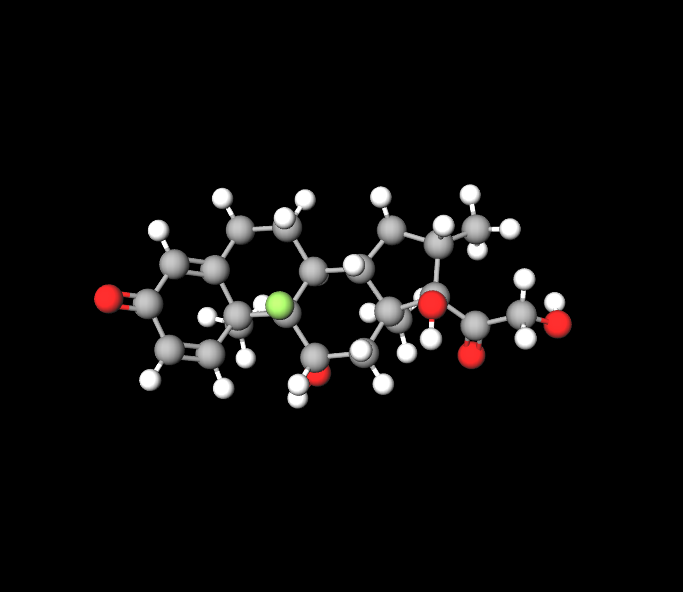

Inactive Ingredients and Their Roles
The non-active components, like emulsifiers and stabilizers, help maintain the consistency and longevity of the lotion by supporting its texture and absorption properties while ensuring that the active ingredients stay potent over time.
Forms Available (Lotion, Cream, etc.)
Betamethasone and Zinc Sulphate come in lotions and creams to suit needs; lotions work well for larger or hairier areas, while creams are better suited for smaller and more sensitive parts of the skin.
Betamethasone Dipropionate
Betamethasone Dipropionate is a medication that is commonly prescribed for treating psoriasis vulgaris—a skin condition characterized by redness and itching. Various forms of Betamethasone, such as cream or ointment, are used to alleviate discomfort and reduce inflammation associated with skin conditions. In cases of plaque psoriasis in adults, specifically targeted topical sprays are often recommended to manage the condition effectively when used alongside calcipotriol gel for its anti-inflammatory properties.
Clotrimazole and Betamethasone
Clotrimazole and betamethasone cream are commonly used to treat infections by effectively eliminating the fungus or inhibiting its growth process. Betamethasone acts as a cortisone medication that belongs to the corti category and aims to alleviate symptoms such, as redness and swelling associated with fungal infections while providing relief against itching and other discomforts.
Betamethasone valerate
This medicine is prescribed for skin issues, such as conditions, dermatitis, allergies, and rashes. Betamethasone helps alleviate swelling, itching, and redness that might arise in these cases. It is classified as a corticosteroid with potency.
Betamethasone vs hydrocortisone
Betamethasone skin remedies are more potent than skin treatments like hydrocortisone, which are typically recommended when alternative medications prove ineffective and can be obtained solely through a prescription.
Betamethasone vs triamcinolone
A higher percentage of patients who were given triamcinolone (44· 27%) reported more than a 50 percent decrease in pain during the term follow-up period (1 to 76 weeks) compared to patients who received betamethasone (26· 78%).
Betamethasone sodium phosphate
Betamethasone sodium phosphate and betamethasone acetate combo are a type of cortisone medication that acts similarly to steroids to address system issues, such as reducing inflammation and easing symptoms such as redness and itching caused by allergies.
VI. Side Effects of Betamethasone, Zinc Sulphate Lotion
Common Side Effects
- Skin irritation
- Dryness
- Burning or itching sensation
These side effects are generally mild and resolve quickly after discontinuing the lotion.
Less Common but Notable Side Effects
- Skin discoloration
- Thinning of the skin with prolonged use
Prolonged use should be monitored closely to avoid such adverse effects.
VII. Warnings and Precautions
Important Precautions Before Use
Before beginning treatment, for any condition that affects the skin or has caused reactions, in the past it's important for patients to undergo an evaluation to ensure safety and effectiveness.

Prolonged Use Risks: Skin Thinning, Stretch Marks
Long-term use of Betamethasone can lead to skin thinning and the development of stretch marks. These risks are more pronounced when applied to delicate areas of the body.
Photosensitivity: Avoidance of Sunlight After Application
Patients should avoid direct sunlight on treated areas, as Betamethasone increases skin sensitivity to UV rays, leading to potential sunburns or pigmentation issues.
Avoiding Contact with Eyes, Mucous Membranes, and Open Wounds
Direct contact with eyes and mucous membranes must be avoided. Additionally, the lotion should not be applied to open wounds or broken skin, as it may lead to irritation or infection.
Monitoring for Allergic Reactions
Patients should be monitored for any signs of allergic reactions, such as increased redness, swelling, or rash, especially during the initial application period.
Risks of Systemic Absorption in Long-term or Excessive Use
Prolonging or excessively using Betamethasone can result in the drug being absorbed into the body which may cause side effects, like suppression and hormonal imbalances.
VIII. Contraindications
Hypersensitivity to Betamethasone or Zinc Sulphate
Individuals who have allergies to any of the ingredients, whether active or inactive, should avoid using this lotion and explore treatment options instead.
Infections: Contraindication in Untreated Fungal, Viral, or Bacterial Skin Infections
Betamethasone could worsen infections. It should not be applied to skin infected with fungi or bacteria unless the infection has been treated effectively.
Use in Patients with Perioral Dermatitis or Rosacea
Betamethasone may aggravate conditions such as perioral dermatitis or rosacea. These conditions often worsen with corticosteroid use.
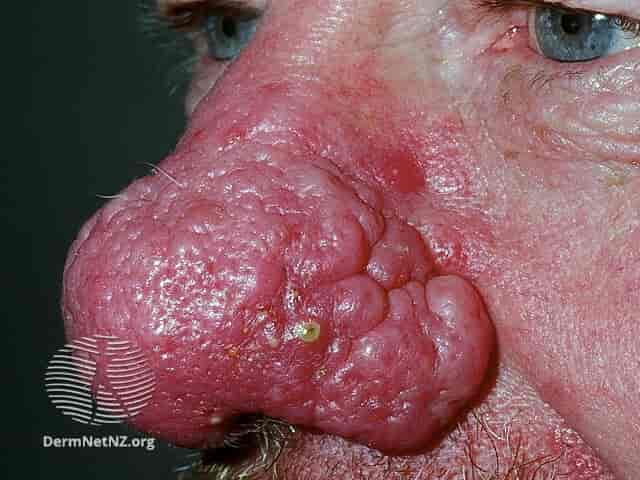
Contraindications in Tuberculous Skin Lesions
People with skin sores from tuberculosis should steer clear of using this lotion as corticosteroids can weaken the body's defenses and make these infections worse.
IX. Careful Administration Guidelines
Administration in Patients with Compromised Immune Systems
Patients with weakened systems might need to be observed because they are at a higher risk of infections that corticosteroids could worsen.
Caution in Patients with Thin or Sensitive Skin
Individuals with sensitive skin types or those with thick skin should consider using lower dosages and applying the product less frequently as a precautionary measure when using Betamethasone to minimize potential irritation concerns.
Use of Betamethasone, Zinc Sulphate Lotion on Large Surface Areas or Under Occlusion
Using a lot of product on areas or when covered with bandages can increase the chance of it entering your system and causing side effects, which is why it's best to do this only under a doctor's care.
Considerations in Patients with a History of Allergic Reactions
People who have experienced allergies should do patch testing before using Betamethasone and Zinc Sulphate Lotion on an area of their skin to avoid any adverse reactions.
X. Important Drug Interactions
Interaction with Other Topical Treatments
Using Betamethasone and Zinc Sulphate Lotion along with other products at the same time can lead to interactions between them. Using them together with corticosteroids or moisturizers may enhance the absorption of components, increasing both the treatment benefits and potential side effects. To prevent any outcomes, it is important to apply treatments at separate times to prevent any negative effects on effectiveness or safety.
Potential Systemic Effects with Oral Corticosteroids
When Betamethasone and Zinc Sulphate Lotion are combined with corticosteroids in treatment regimens for patients receiving corticosteroid therapy, the goal is to minimize the risk of potential side effects, including but not limited to adrenal suppression and heightened susceptibility to infections due to possible cumulative systemic effects leading to raised blood sugar levels.
Be cautious when using betamethasone zinc sulphate lotion and antiviral treatments, as they could affect each other's effectiveness. Incorporating medications such as clotrimazole or antiviral creams like acyclovir with corticosteroids might weaken the system response and possibly extend the duration of infections. It is advisable to weigh your options and, at times, consider alternating treatment regimens.
Avoiding Use with Other Skin Products Containing Alcohol
Using skincare products that contain alcohol, like some cleansers or toners, while using Betamethasone and Zinc Sulphate Lotion can worsen skin dryness and irritation. Alcohol can weaken the skin's barrier, leading to higher absorption of corticosteroids and an increased likelihood of experiencing side effects like burning or stinging sensations.
XI. Special Considerations for Pregnant Women and Nursing Mothers
Safety of Betamethasone, Zinc Sulphate Lotion in Pregnancy
During pregnancy, it's best to be cautious when considering the use of Betamethasone and Zinc Sulphate Lotion as there is no information, on how topical corticosteroids may affect the fetus especially with prolonged use or on larger areas of skin application, which may carry some risks according to healthcare providers who suggest that this treatment should only be used if its advantages are greater than its potential drawbacks particularly, in the early stages of pregnancy.
Potential Risks to Fetus
Excessive use or application of Betamethasone, with Zinc Sulphate Lotion during pregnancy may pose a risk of harm to the fetus that cannot be completely ruled out. There is a concern that corticosteroids such as Betamethasone could impact development; however, conclusive evidence on this is currently limited. Seeking guidance and consultation with a healthcare professional, on the usage of these medications during pregnancy is crucial.
Recommendations for Use During Lactation
Nursing mothers should be careful when using Betamethasone and Zinc Sulphate Lotion to minimize any risks to their infants during the application, on areas near the baby's direct contact points, such as the breasts, to avoid accidental ingestion by the infant—thorough handwashing after the application is advised as a precautionary measure.
Safe Application Guidelines for Breastfeeding Mothers
Breastfeeding mothers need to be cautious when using Betamethasone Zinc Sulphate Lotion. They should avoid applying it near the chest area and ensure that any areas where it is applied are cleaned thoroughly before breastfeeding to minimize the chance of the baby ingestion.
XII. Administration to Children
Safety and Effectiveness in Pediatric Populations
Children benefit greatly when Betamethasone combined with Zinc Sulphate Lotion is applied with caution and close observation. Their delicate and sensitive skin makes them prone to absorbing the medication and experiencing effects; hence, the need for a limited treatment duration.
Adjusted Dosage for Children
It's important to adjust doses to reduce the risk of side effects as much as possible when dealing with mild to moderate conditions in children. Usually, a small amount of lotion applied once a day is all that's needed for most cases; however, it's best to steer clear of long-term usage and have regular check-ins with the doctor for better monitoring and care.
Avoiding Excessive Application in Children
Using Betamethasone and Zinc Sulphate Lotion on kids can cause serious side effects related to corticosteroids, like Cushing's syndrome or adrenal suppression. It's crucial for caregivers to follow the prescribed doses closely and not to put the lotion on areas of the skin.
Risk of Growth Suppression with Prolonged Use in Children
Extended usage of corticosteroids in kids has been linked to growth as these medications impact the endocrine system on a broader scale in the body, necessitating regular monitoring of growth and developmental concerns in children undergoing prolonged treatment.
XIII. Administration to Elderly Patients
Adjusted Administration Guidelines for Elderly Patients
Older patients might need more Betamethasone Zinc Sulphate Lotion due to their more delicate skin, which can make them more prone to irritation or absorption into the body system than younger individuals do. Therefore, lower doses and less frequent application are recommended for them.
Risk of Skin Thinning and Delayed Healing
Elderly individuals using corticosteroids should be cautious of skin thinning, an issue to consider carefully when using Betamethasone for an extended period of time. It may cause the skin to become thinner and more susceptible to injuries, with a slower healing process; doctors should take this risk into account when prescribing to older patients.
Special Precautions for Elderly Patients with Other Comorbidities
Older patients who have underlying health issues, like diabetes, heart problems, or weakened immune systems, need care when using Betamethasone Zinc Sulphate Lotion. The effects of corticosteroids can worsen conditions even with topical application; it's crucial to keep an eye on blood sugar levels and watch for any changes in wound healing or signs of infection.
XIV. Overdosage of Betamethasone, Zinc Sulphate Lotion
Symptoms of Overuse or Overdosage
Using Betamethasone Zinc Sulphate Lotion excessively can lead to symptoms such as skin thinning and stretch marks while also causing the body to absorb it systemically and potentially suppress function in severe situations. It may even result in high blood sugar levels or hypertension when used excessively.
Management of Overdose: Treatment and Care
In case of an overdose situation, with Betamethasone and Zinc Sulphate Lotion, it is detected as necessary to stop immediately the usage of the product. Transport the person for assessment to detect any signs of insufficiency and provide appropriate supportive care as needed. In situations where significant hormonal imbalances are observed medical assistance might be warranted to rectify the issue.
Monitoring for Systemic Effects in Cases of Accidental Ingestion
If someone accidentally ingests something, it is important to keep an eye on the patient for any signs of effects on the body, such as nausea or vomiting and possibly more serious hormonal imbalances should they occur.
XV. Storage and Handling Precautions
Recommended Storage Conditions (Temperature, Light Exposure)
Ensure that Betamethasone and Zinc Sulphate Lotion is kept in a dry spot away from direct sunlight to maintain its effectiveness and prevent the degradation of the active ingredients due to exposure to high temperatures or excessive light.Store the lotion at room temperature between 15°C and 25°C for preservation of its qualities.
Shelf Life and Proper Disposal of Expired Lotion
The Betamethasone and Zinc Sulphate Lotion usually has an expiration date printed on the packaging, for reference purposes.It is recommended not to use the lotion after it has expired as the effectiveness of the ingredients might diminish or lead to skin irritation.Disposing of expired products is important. Should be done in accordance with guidelines, for medical waste handling.
Handling Precautions to Avoid Contamination
To avoid contamination issues when using Betamethasone and Zinc Sulphate Lotion, remember to wash your hands before and after applying the product. Store it in the original container with the lid securely closed when not in use. Be sure to prevent contact between the applicator and other surfaces to maintain the sterility of the lotion.
Guidelines for Safe Transport of Lotion
When carrying Betamethasone and Zinc Sulphate Lotion with you, make sure to keep it in a sealed container to prevent any leaks or contamination issues. Store it in a place that is away from extended exposure to heat or direct sunlight, as these might affect the product's performance.




